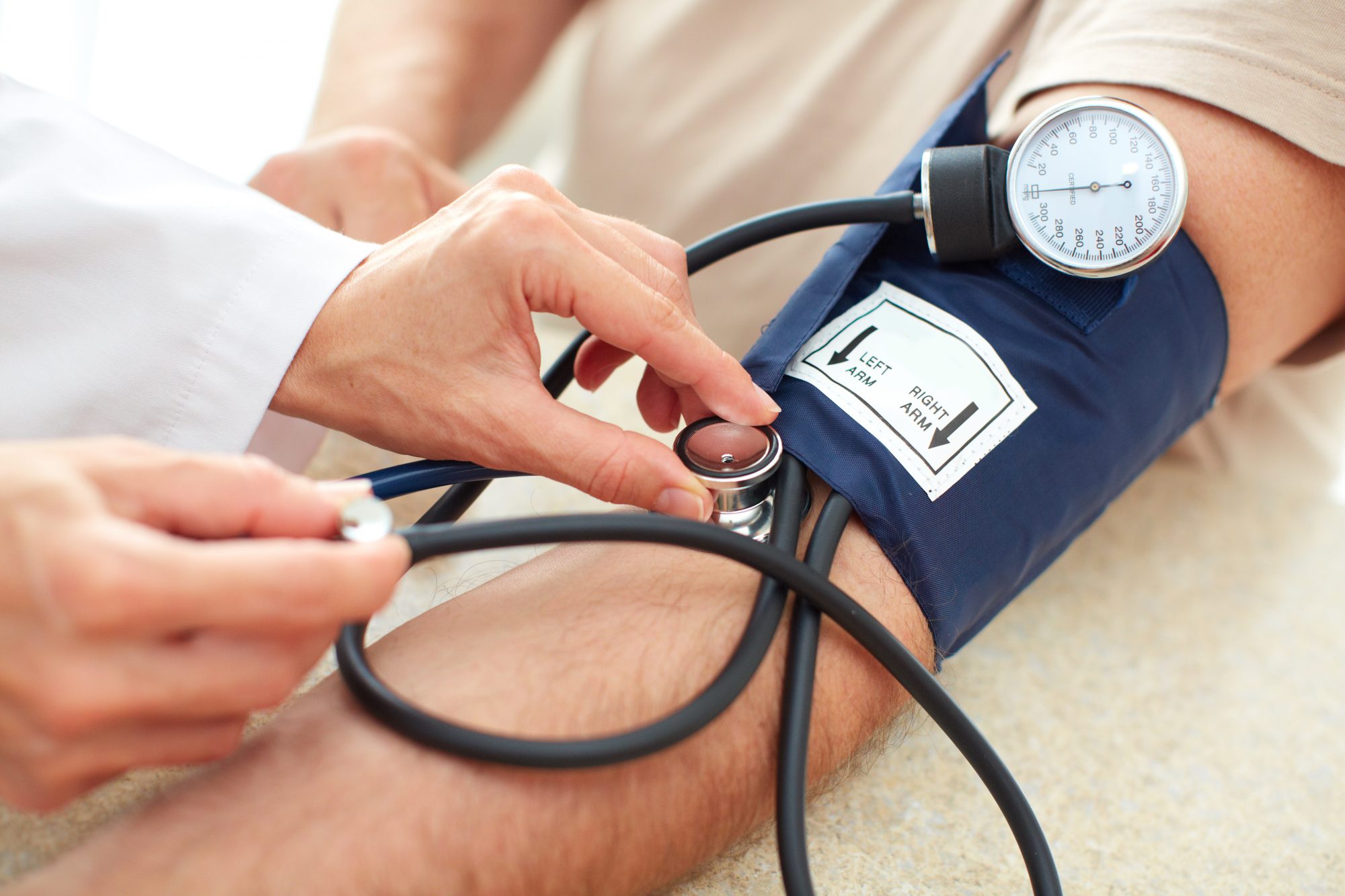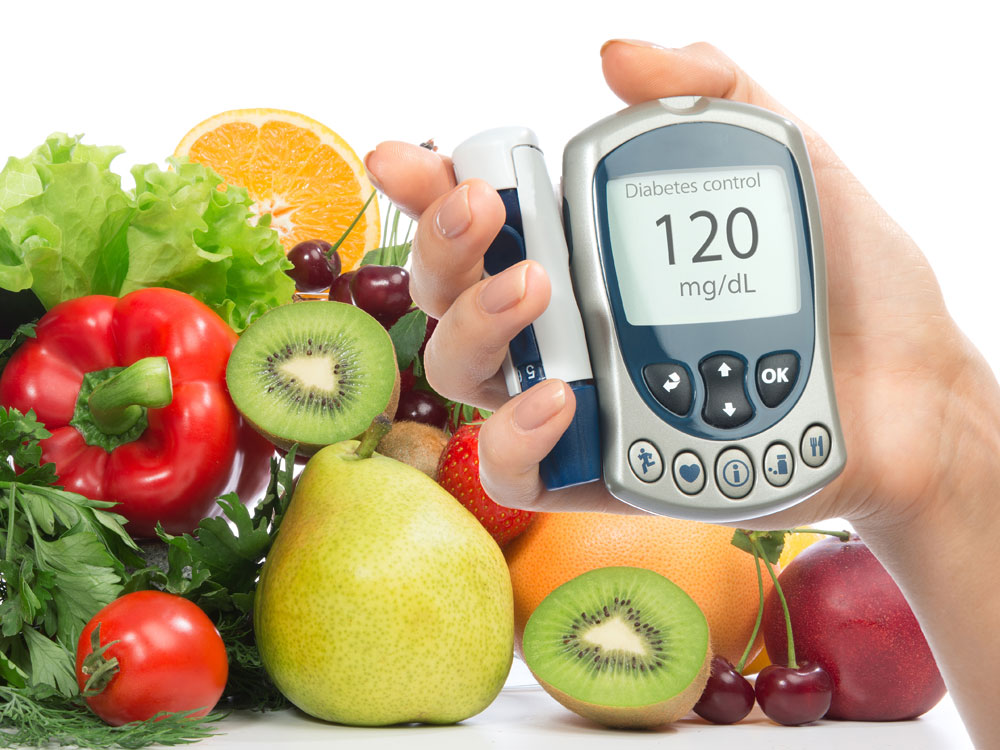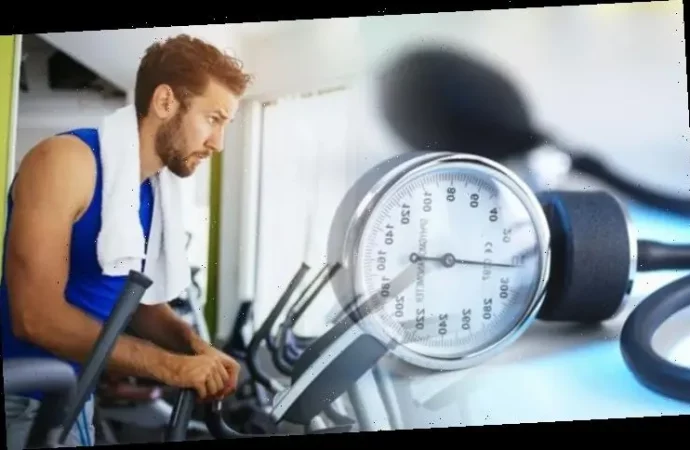Meet Dr. Sarah Jones, Your Guide to Heart Health Dr. Sarah Jones is a passionate cardiologist with over 15 years of experience. Recognized for her dedication to preventive medicine, Dr. Jones empowers patients to take charge of their health through natural, sustainable approaches. In this article, Dr. Jones shares valuable insights on how to manage
Meet Dr. Sarah Jones, Your Guide to Heart Health
Dr. Sarah Jones is a passionate cardiologist with over 15 years of experience. Recognized for her dedication to preventive medicine, Dr. Jones empowers patients to take charge of their health through natural, sustainable approaches. In this article, Dr. Jones shares valuable insights on how to manage blood pressure effectively, naturally.
Let’s Talk Blood Pressure: Understanding the Numbers
Blood pressure, measured in millimeters of mercury (mmHg), indicates the force exerted by blood against your artery walls. Two readings are crucial:
- Systolic: The pressure when your heart contracts (pumps blood) – ideally less than 120 mmHg.
- Diastolic: The pressure when your heart relaxes between beats – ideally less than 80 mmHg.
Elevated blood pressure, or hypertension, increases your risk for heart disease, stroke, and kidney problems. It often presents with no symptoms, making regular monitoring essential.

Image by: yendex.com
Feel the Drop: Natural Strategies for Lower Blood Pressure
The good news: You have the power to influence your blood pressure naturally! Here are Dr. Jones’ key strategies:
-
Embrace Movement: Aim for at least 30 minutes of moderate-intensity exercise most days of the week. Brisk walking, swimming, or cycling are excellent options.
-
Eat for Your Heart: The DASH (Dietary Approaches to Stop Hypertension) diet emphasizes fruits, vegetables, whole grains, and lean protein, while limiting saturated and unhealthy fats, sodium, and added sugars.
-
Mind Your Salt Intake: The American Heart Association recommends no more than 2,300mg of sodium daily, ideally aiming for less than 1,500mg. Check food labels, limit processed foods, and use herbs and spices for flavor.
-
Potassium Power: Potassium helps balance the effects of sodium in your body. Include bananas, oranges, leafy greens, and potatoes in your diet.
-
Manage Stress: Chronic stress can elevate blood pressure. Explore relaxation techniques like meditation, deep breathing, or yoga to promote calmness.
-
Quality Sleep is Key: Aim for 7-8 hours of quality sleep each night. Insufficient sleep can disrupt hormones that regulate blood pressure.
-
Moderate Alcohol and Caffeine: Excessive alcohol and caffeine consumption can raise blood pressure. Enjoy them in moderation or consider limiting them altogether.
-
Maintain a Healthy Weight: Excess weight puts extra strain on your heart. Losing weight, even a modest amount, can significantly improve blood pressure.
-
Don’t Smoke: Smoking damages blood vessels and increases blood pressure. Quitting smoking is one of the best things you can do for your heart health.
-
Regular Check-Ups: Schedule regular appointments with your doctor to monitor your blood pressure and discuss any concerns.

Image by: https://www.express.co.uk/life-style/health/1650409/type-2-diabetes-diet-broccoli-reduces-blood-sugar-levels
Natural vs. Medication: Working Together for Optimal Results
These natural strategies are incredibly effective, especially when combined with a healthy lifestyle. However, if your blood pressure remains high despite these efforts, medication may be necessary. Dr. Jones emphasizes the importance of consulting your doctor to determine the best approach for you.
Table 1: Summary of Natural Strategies to Manage Blood Pressure
| Strategy | Description |
|---|---|
| Exercise Regularly | Aim for 30 minutes of moderate-intensity exercise most days. |
| DASH Diet | Focus on fruits, vegetables, whole grains, and lean protein. Limit saturated and unhealthy fats, sodium, and added sugars. |
| Reduce Sodium Intake | Limit sodium intake to less than 2,300mg daily, ideally aiming for less than 1,500mg. |
| Increase Potassium | Include potassium-rich foods like bananas, oranges, leafy greens, and potatoes in your diet. |
| Manage Stress | Practice relaxation techniques like meditation, deep breathing, or yoga. |
| Prioritize Sleep | Aim for 7-8 hours of quality sleep each night. |
| Moderate Alcohol and Caffeine | Limit alcohol and caffeine intake or consider eliminating them. |
| Maintain a Healthy Weight | Losing weight, even a modest amount, can significantly improve blood pressure. |
| Don’t Smoke | Quitting smoking is one of the best things you can do for your heart health. |
| Regular Check-Ups | Schedule regular appointments with your doctor to monitor blood pressure and discuss any concerns. |
By implementing these natural strategies, you can take control of your blood pressure and feel the positive impact on your overall health and well-being

Photo by Jonathan Borba on Unsplash
Success Stories: Real People, Real Results
Inspiration can be a powerful motivator. Here are a few examples of how people have successfully implemented these natural strategies to manage their blood pressure:
- Beatrice (58): “I used to rely on medication, but after incorporating daily walks and a Mediterranean diet, I was able to lower my blood pressure and ditch the meds altogether. It feels amazing!”
- David (42): “Stress was a major factor in my high blood pressure. Meditation has been a game-changer. My blood pressure is down, and I feel calmer and more focused.”
- Sarah (35): “I never realized how much salt I was consuming! Reading labels and using more herbs and spices has made a big difference. My blood pressure is under control, and my food tastes even better!”
Remember, you are not alone on this journey!
The Takeaway: Empowering Yourself for a Healthier You
Taking charge of your health is incredibly empowering. By incorporating these natural strategies into your daily routine, you can significantly improve your blood pressure and experience a cascade of positive health benefits.
Here’s a quick recap to remember:
- Regular exercise, a healthy diet, and stress management are foundational.
- Monitor your sodium intake and increase potassium-rich foods.
- Prioritize quality sleep and maintain a healthy weight.
- Quit smoking and limit alcohol and caffeine consumption.
- Schedule regular check-ups with your doctor.
Embrace a positive and proactive approach. You have the power to feel the drop in your blood pressure and experience a healthier, happier you!
This article is for informational purposes only and is not intended to be a substitute for professional medical advice. Always consult with your doctor before making any changes to your diet, exercise routine, or medication regimen.
















